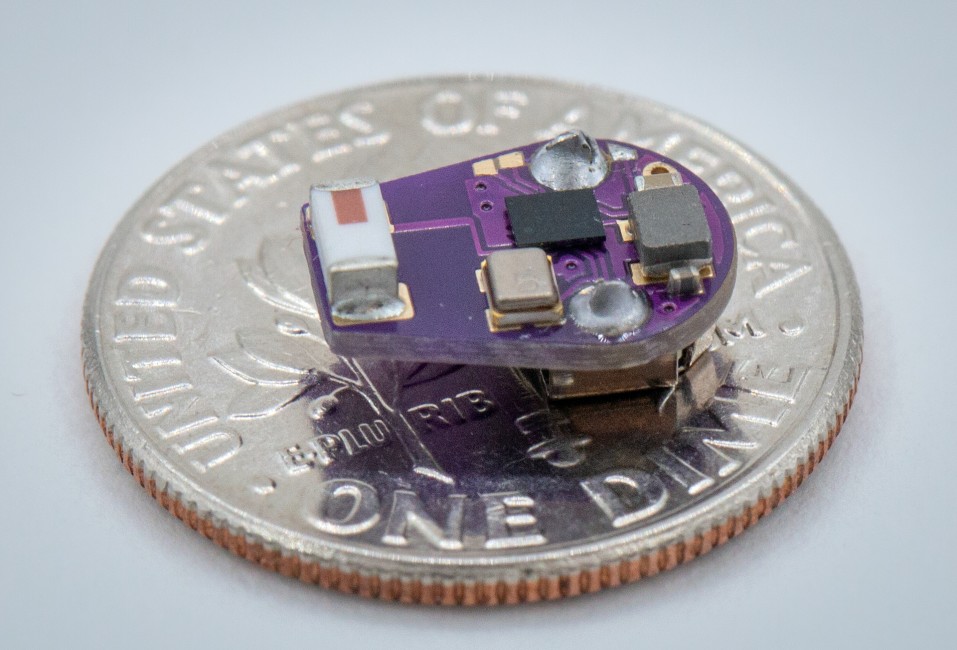A team of Northwestern University scientists has developed the first wireless, implantable temperature sensor to detect inflammatory flareups in patients with Crohn’s disease. The approach offers long-term, real-time monitoring and could enable clinicians to act earlier to prevent or limit the permanent damage caused by inflammatory episodes.
More than 1 million Americans have Crohn’s disease, a chronic inflammatory bowel disease that affects the intestines, causes digestive issues and can lead to weight loss, malnutrition and other complications. People with mild cases are treated with oral medications, but these drugs typically fail over time, requiring approximately 70 percent of Crohn’s patients to undergo at least one surgery to remove portions of damaged intestines.
Because heat is indicative of inflammation, the Northwestern scientists tested whether a temperature sensor resting gently against the intestines of mice with Crohn’s disease could provide real-time insight into the progression of the disease, as well as detect episodic flareups. Sure enough, they accomplished both goals in their research, which was published March 18 in the journal Nature Biomedical Engineering.

